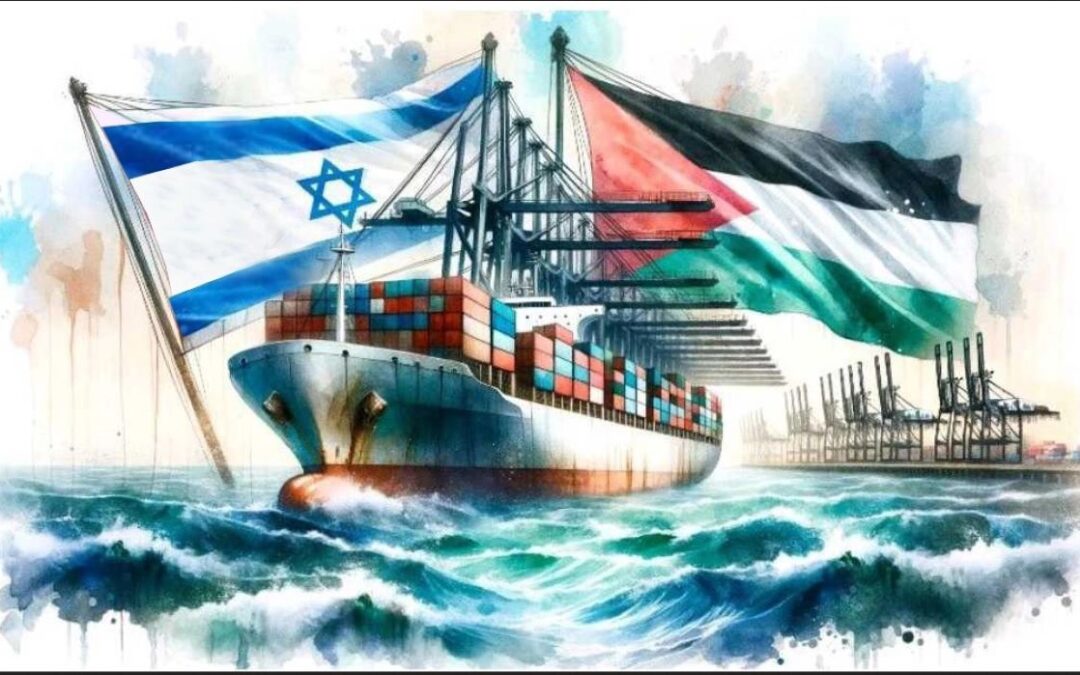Impact of Israel-Palestine Conflict on Global Ocean Freight Shipment: Essential Insights
The ongoing Israel-Palestine conflict has raised significant concerns within the global supply chain, stirring worries about potential disruptions and bottlenecks in shipping routes. As tensions escalate, hull insurance rates, cargo rates, and freight rates soar, and the predictability of delivery schedules becomes increasingly erratic, presenting a significant challenge to the smooth functioning of worldwide supply networks. The complexities associated with trade routes and supply chains in the affected region have resulted in delays, contributing to heightened expenses in conducting trade activities in this critical area.
Three Major Repercussions within the Global Supply Chain Due to the Israel-Palestine Conflict
Ocean Transport
If the Israel-Palestine conflict extends beyond its borders, it poses significant risks to the Suez Canal and the Strait of Hormuz, vital maritime choke points. Closure of the Suez Canal would compel vessels to take longer routes, reducing available vessel capacity and potentially increasing shipping rates.
Export-Imports
The conflict is likely to impact sector-specific industries such as, iron, steel, fertilizers, and organic chemicals, particularly in countries with strong trade ties to Israel. This evolving scenario underscores a broader concern for global enterprises reliant on materials sourced from or transiting through the affected region. The resulting uncertainty underscores the importance of a peaceful resolution for sustained global economic stability.
Petroleum & Oil
The escalation in petroleum prices, influenced by conflicts in the Middle East, poses an additional challenge for global supply chains, leading to higher operational costs for carriers and potential transportation delays as well as inflationary pressures on goods and services.
Three Significant Consequences of the Israel-Palestine Conflict:
Disruption of Transport and Logistics: The conflict has the potential to disrupt transportation and logistics, causing delays, infrastructure damage, and increased operational cost.
Increased Operational Expenses: Heightened security measures during the conflict may result in increased operational expenses for businesses, including costs related to rerouting shipments and finding alternative transportation routes.
Geopolitical Uncertainty: The conflict introduces geopolitical uncertainty into supply chain management, impacting long-term planning and investments in the region.
Key Recommendations for Ensuring Smooth Deliveries during the Israel-Palestine Conflict.
Supply chain professionals are advised to stay informed by relying on credible local sources such as RTM Lines (Link: https://rtmlines.com/) for the latest security updates. Daily assessments of port calls and real-time container and project tracking can provide crucial insights for managing shipments effectively. Robust scenario planning and strategic partnerships with reliable stakeholders can enhance resilience and agility in operations, ensuring a seamless flow of goods across borders despite geopolitical tensions.
Original Source: https://www.gocomet.com/blog/impact-of-the-israel-palestine-conflict-on-global-supply-chain/

